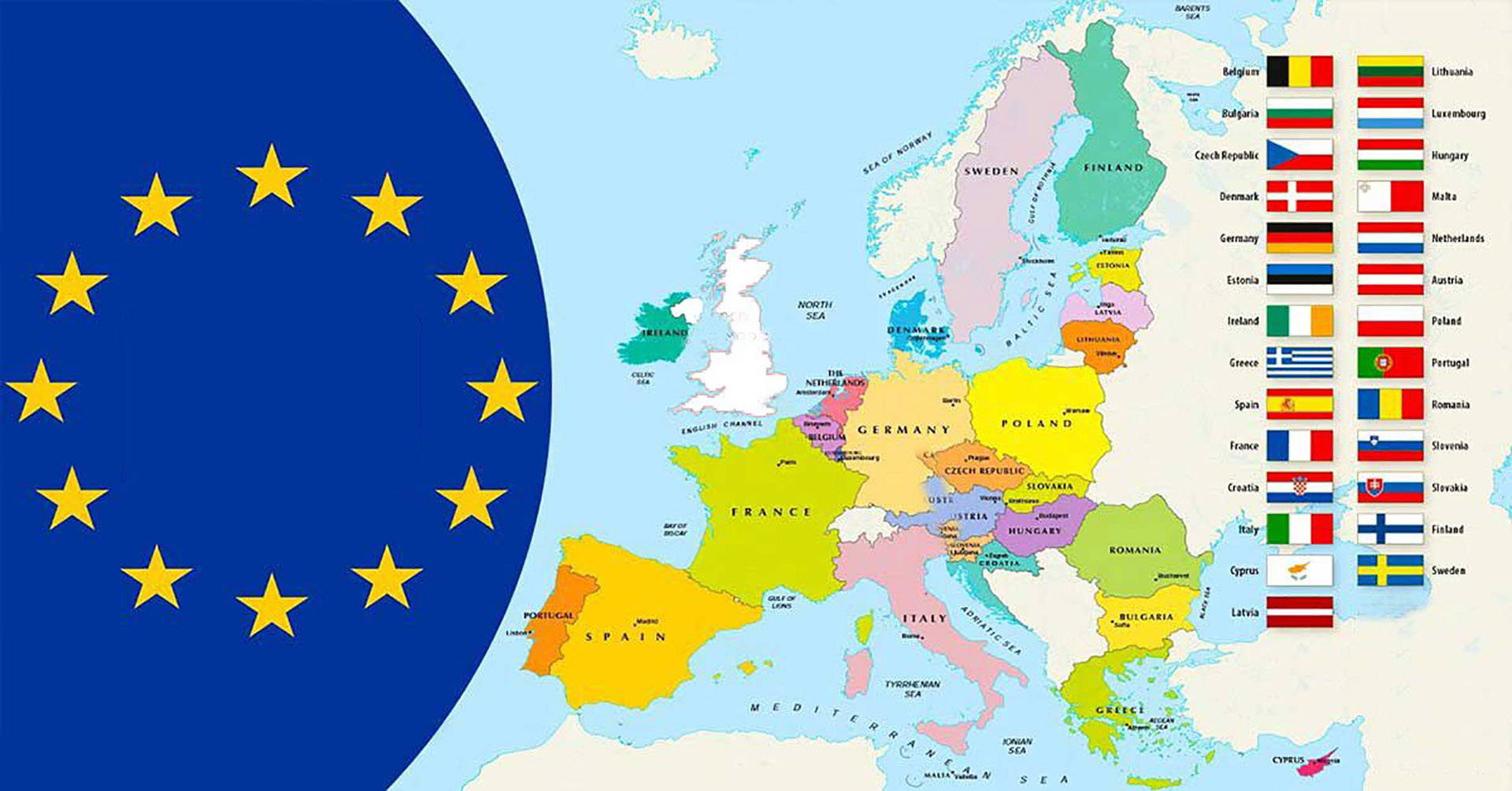SPECIFICS OF DOING BUSINESS IN SPAIN
The Spanish economy is actively developing, and there are no restrictions on doing business for foreigners. According to experts, investments in the transport industry, logistics, creative industries (architecture, fashion, design), information technology, and tourism offer the most profitability. According to recent data, in 2021, Spain attracted 28.79 billion in foreign investments, which is a 17.7% increase compared to 2020. Successful business in Spain requires knowledge of local legislation and the intricacies of reporting.
TAXATION
Taxes in Spain are currently levied at three levels: state, local and regional. The State Tax Agency is engaged in this. The general corporate income tax rate in Spain is 25%. However, different tax rates may apply to certain types of companies and activities. There is also a tax on entrepreneurial and professional activities, capped at 15% of the estimated average profit. Additionally, companies are required to pay capital gains tax, tax on economic transactions, and other applicable taxes. Employers are required to contribute to social insurance for each employee under the general insurance system, which amounts to 29.9% of wages.
LICENSING
The appropriate licence, which depends on the type of activity, is required to start a company in Spain. The application must be submitted to the municipality where the company intends to operate. In Spain, this licence for starting and conducting business is known as “La licencia de apertura y actividad”. There are two types of licences: for low-risk activities (such as fashion shops, food stalls, small offices, etc.) and for activities dangerous for others (including construction, catering, hotels, schools, industries, etc.). For potentially hazardous activities, the country’s legislation imposes additional requirements regarding safety, sanitation, and environmental protection.
REPORTING
Reporting forms and accounting documentation in Spain are subject to long-term storage. For instance, the retention period for tax returns is 4 years. Reports are submitted to the Commercial Register (Registro Mercantil) in July of the year, following the reporting year. The reporting tax period corresponds to the calendar year. All companies are required to submit annual reports, even if their activities were suspended or the year turned out to be unprofitable. Almost all reports in Spain are submitted online using an electronic digital signature.













